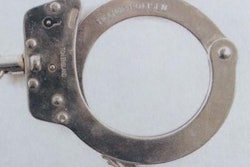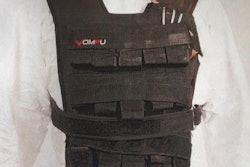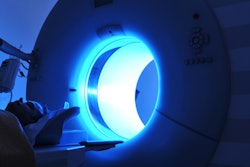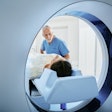
Who bears formal responsibility for the serious MRI accident at Sunderby Hospital in Luleå, Swedish Lapland? This complex question appears to lie at the heart of the investigation that's still going on, and the answer may well set a legal precedent, according to experts.
The accident took place on 23 October, and it led to injuries to a specialist nurse, along with the mobile MRI scanner being out of action for a lengthy period and in need of possible repair. Is it the responsibility of the radiology department or Aleris, the company hired by the radiology department that owns the equipment and the MR trailer and employs the injured nurse? And does the radiology department have the responsibility to check and guarantee the quality of a company it hires?
 Dr. Hans Ringertz, PhD, from the Karolinska Institute in Stockholm. Image courtesy of IS3R.
Dr. Hans Ringertz, PhD, from the Karolinska Institute in Stockholm. Image courtesy of IS3R."Assuming that the person who was injured actually was wearing a weighted vest (as reported in the national media), and independent of whether or not he knew that it contained magnetic material, I have difficulties seeing that the radiology department or the hired company can be responsible," Dr. Hans Ringertz, PhD, professor emeritus at the Karolinska Institute in Stockholm, told AuntMinnieEurope.com.
When it comes to the preparations, the training of staff and the possible installation of a metal detector are shared responsibilities, he explained.
"Depending on whether the hire included personnel or not, training about risks is a part of the RN [registered nurse] training program, but it should be reemphasized by the employer at regular intervals," noted Ringertz. "As far as I know, there are no regulations about metal detectors and MR examinations."
According to Dr. Alexander Radbruch, JD, who is both a qualified lawyer and radiologist, it is not clear-cut whether the radiology department is responsible for checking and guaranteeing the quality of hired companies.
"This depends heavily on the circumstances of the individual case, the contract between the various parties, and the specific national law," he said. "We need to be cautious about giving generalized recommendations because it might be just the other way around in this specific case."
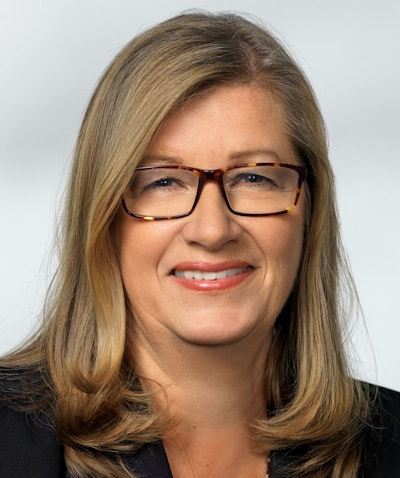 Everybody makes mistakes, Dr. Katrine Riklund said. Image courtesy of ESR.
Everybody makes mistakes, Dr. Katrine Riklund said. Image courtesy of ESR.Ultimately, the legal responsibility rests on what, exactly, was agreed at the outset, as well as the relevant regulations of the national law that applies, stated Radbruch, who is an associate professor of radiology at University Hospital Essen, Germany, and a member of AuntMinnieEurope.com's editorial advisory board.
Dr. Katrine Riklund, pro vice chancellor of Umeå University and a professor and senior consultant in the department of radiology and nuclear medicine at Umeå University Hospital, Sweden, believes the accident raises a number of questions: How should education about security be conducted and repeated? Do we need checklists or other checkpoints to remember important prerequisites when working in the MRI suite?
"This accident was very sad, and I hope the nurse has recovered well," said Riklund, who is a past president of the European Society of Radiology (ESR). "It seems strange since the nurse was an experienced person who should have been aware of the security demands in the vicinity of an MRI scanner. But everybody can make mistakes."
Investigation drags on
Meanwhile, the police investigation is continuing. Peter Wallerström, an investigator at the police's environmental crime unit, said on 14 January that he has now interviewed the specialist nurse injured in the accident, but he is still waiting for the full forensic report. He was unable to give a precise date for when the investigation would be complete.
Workplace injuries are a hot topic in Sweden right now, and this might explain why the inquiry is taking extra time, Ringertz commented.
Another possible factor is that because the police do not have any MRI expertise, they are looking to recruit people who are willing to act as expert advisors. "My guess is that it will be very hard to find someone!" said one safety specialist who wished to remain anonymous.





